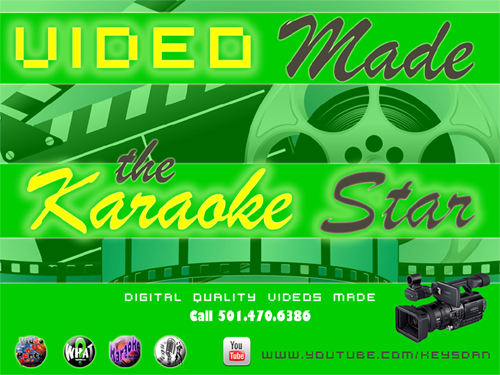One of the first things planners need to figure out when dealing with an alternative venue is what equipment and services they provide and what you need to bring in. A hotel banquet manager usually offers one-stop shopping and will take care of most, if not all, of your needs. Alternative venues, however, typically were not designed and/or do not operate with meetings and events in mind. You may need to bring in catering, audio-visual, rental equipment (tables, chairs, etc.), lighting, staff, power, and phone lines. Assume nothing.
The advantage of having to bring in a number of different vendors is that you get to pick the people you want, and they'll be more responsive to your needs and budget. However, this requires a greater degree of oversight and coordination. Disseminating information on a regular basis and establishing clear lines of communication with your vendors is critical. Since they're typically not on site, seemingly simple tasks like arranging for extra chairs at the last minute become tricky.
Be sure to arrange walk-through's of the site with your key vendors, with the site contacts present. Every alternative venue has different specifications, equipment, restrictions and logistical concerns, and it's important that everyone know what they're dealing with ahead of time.
You are unlikely to get some type of comprehensive event outline from the site, particularly if your site contact is not a dedicated event person and has another job there, so it's advisable to do your own. Whenever we plan an off-site function, we print out what we call "Final Event Instructions", which has five sections: Timetable, Room Set-Ups, Food & Beverage, Floorplan, and Vendor Information. This is in addition to internal data like attendance lists, guest transportation, etc. Every single event detail goes into the 'Final'. Take nothing for granted. The concept is that the Final should be so self-explanatory that if something should happen to you or any of the key personnel helping to put on the meeting, a monkey can read the Final and stumble along.
Speaking of which, a detailed Final is also a nice self-promoting document to show your boss or, if you're an independent planner, your client. It shows her the tonnage of details that you're on top of, and educates her on the level of professionalism to which you've taken your job. In this era of downsizing and outsourcing it's important to justify your compensation.
In the Timetable section it's just as important to outline pre-event activities, like load-in and set up schedules, as it is to document the timing of the function itself. With many alternative venues you're given just enough set up time to squeeze by, and don't have the luxury of dealing with bottlenecks at the loading dock. Meet with your vendors and site contact, including the guy in charge of the freight elevator or loading dock, and devise an efficient load-in schedule so vendors who need the most set up time arrive first.
The Floorplan is self-explanatory. The Room Set-Ups list the specific type and amount of equipment and furniture to be in each room and how it is to be arranged, listing the rooms in the chronological order that they'll be used. Begin with the entrance to the facility and include details like parking, signage, coat check, etc. The Food and Beverage section lists all food service in the order in which it's to be served. The Vendor Information should contain the company names, contacts, phone numbers, fax numbers and pager numbers of all site personnel and vendors, and a description of the services they'll be providing. Be sure to put the date and time of printing in the footer so there's no confusion about which version of the 'Final' is the most current.
Once your 'Final' is done, fax copies to all key personnel, including your vendor and site contacts, in advance, and update them as the data changes. You may not think the A/V contractor, for example, needs to know what the caterer is doing, but you'd be surprised. Perhaps they'll spot potential load-in or power conflicts you may have overlooked, or point out possible economies of scale. Harness the brainpower of the professionals working with you. Clear lines of communication and the open flow of information are your best safeguards for a successful meeting or event.
Sponsors
http://conwayyellowcab.com/
http://djlittlerock.com/
http://keysdan.com/
http://mybusinessneedshelp.com/
http://radiokeysdan.com/
http://radiowhat.com/
http://keysdan.com/DJLittleRock.com/
http://keysdan.com/HollandAR.org/
http://keysdan.com/JustTryItKaraoke.com/
http://keysdan.com/RadioKeysDAN.com/
http://keysdan.com/RadioWHAT.com/
http://keysdan.com/MyRadioExito.com/
http://keysdan.com/RadioRitmoLaFabulosa.com/




